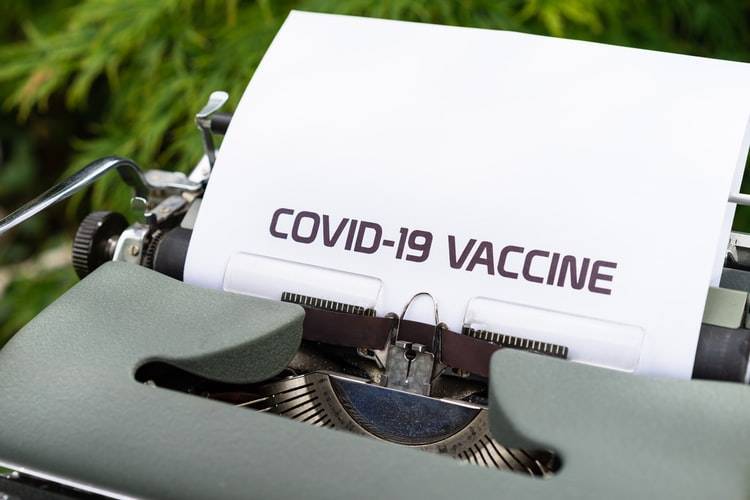As many countries around the world begin to ease the precautionary measures and restrictions imposed by the pandemic for over two years, a research team from the Scripps Research Institute in the United States has identified a weak spot in the main viral protein of the coronavirus, known as the spike protein, which gives the virus its famous crown-like appearance. They revealed, in a study published recently in the journal Science Translation Medicine, that targeting this site could aid in the design of broadly effective vaccines and antibody treatments capable of stopping future coronavirus pandemics.
The COVID-19 pandemic has officially resulted in the deaths of over 5,813,329 people worldwide since the end of December 2019. The World Health Organization estimates that the total death toll could be two to three times higher, taking into account the excess deaths due to COVID-19, both directly and indirectly. Scientists had previously isolated an antibody from a survivor of COVID-19, finding that this antibody could neutralize not only the novel coronavirus but also many members of the coronavirus family known as beta coronaviruses, according to Al-Sharq Al-Awsat newspaper.
In the new work, they identified the atomic range of the binding site for the antibody on the spike protein of the novel coronavirus and showed that the same range exists in other known coronaviruses. They demonstrated using animal models that the antibody provides protection against viruses in this family. Raiis Andarabi from the Department of Immunology and Microbiology at the Scripps Research Institute stated in a report published on the institute’s website: "We hope that identifying this atomic range will help us develop vaccines and antibody treatments that work against all beta coronaviruses, including coronaviruses that may transfer from animals to humans in the future."
Beta coronaviruses have recently emerged as significant and persistent threats to public health. These coronaviruses include SARS, which killed around 800 people primarily in Asia, and MERS, which claimed the lives of approximately 900 individuals, mostly in the Middle East. The novel coronavirus has so far resulted in over 5 million deaths worldwide during the COVID-19 pandemic. Two other types of beta coronaviruses, HKU1 and OC43, only cause common colds but are suspected to have caused deadly pandemics for centuries when they first jumped from animals to humans. Researchers widely believe that future coronavirus outbreaks transferring from animals to humans are inevitable.
This possibility has stimulated efforts toward developing a beta coronavirus vaccine or antibody treatment, and researchers at Scripps took a preliminary step in this direction in 2020 when they identified an antibody in a blood sample from a survivor of the novel coronavirus that could neutralize both SARS and the novel coronavirus. In the new study, the team used X-ray crystallography and other techniques to accurately map the antibody's binding site on the spike protein, showing that the same site is present in most other beta coronaviruses, helping to explain the antibody's broad impact on these viruses.
Dennis Burton, the principal investigator of the study, stated: "The site is located on the stalk of the viral spike protein, which is part of the mechanism the virus uses to fuse with the membranes of its human or animal host cells after initially binding to a receptor on the cell surface. Fusion allows the viral genetic material to enter and hijack host cells, and the critical role of this mechanism explains why the site is consistently found across beta coronaviruses." In contrast, the receptor-binding site at the top of the viral spike protein mutates relatively quickly, tending to vary significantly from one beta virus to another, making it a weak target for beta virus vaccines or antibody treatments.
Researchers are now continuing efforts to find other antibodies, potentially more broadly effective, in their search for optimal antibodies and vaccines against coronaviruses.




